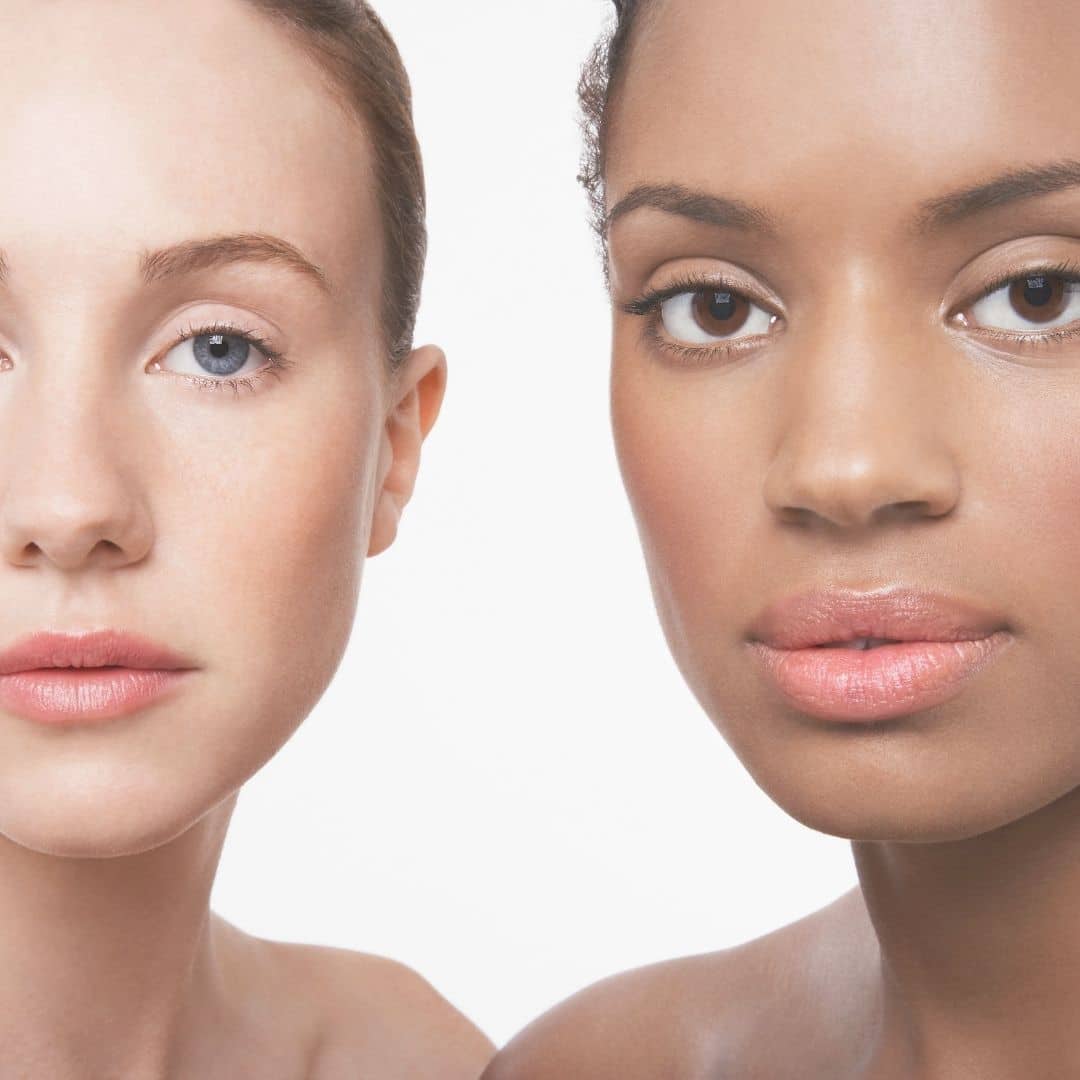Another One Bites The Dust! Tatcha
Unilever agreed to buy Tatcha, a skin-care company that makes creams based on a foundation of green tea, rice, and algae, to capitalise on a surge in demand for Asian-influenced cosmetics.

Unilever agreed to buy Tatcha, a skin-care company that makes creams based on a foundation of green tea, rice, and algae, to capitalise on a surge in demand for Asian-influenced cosmetics.

Another One Bites The Dust!
Unilever agreed to buy Tatcha, a skin-care company that makes creams based on a foundation of green tea, rice, and algae, to capitalise on a surge in demand for Asian-influenced cosmetics.
Tatcha founded a decade ago in San Francisco, has an innovation centre in Japan. The country’s skin-care labels have been vying with South Korean brands for the attention of consumers looking for high-end alternatives to western brands.
Tatcha is an American brand but Japanese-inspired. The founder learned the best ingredients from Japan and started the company in America.

Unfortunately, I learned the hard way that, Tatcha isn’t a Japanese brand.
This move furthers Unilever’s bid to strengthen its presence in the premium personal care segment, as it moves away from its stagnating foods business.
The world’s largest cosmetics companies have been acquiring upstart brands in recent years as they search for the next big hit, often picking labels that attract younger, trendier shoppers.
Estee Lauder Cos. acquired Becca, Rodin, Le Labo, Glamglow and Too Faced, while L’Oreal SA bought CeraVe, Atelier Cologne and It Cosmetics. Earlier this year, Unilever added Garancia to its lineup.
Tatcha has a growing presence in North America in the natural personal care segment. This acquisition is a small but positive step toward consolidating Unilever’s position in the global personal care market.
I adore the Tatcha under eye concealer. “I’ve tried several under eye concealers over many years, but they just didn’t “, but Tatcha was brilliant — we all have friends, a family member, a duchess, or perhaps yourself. Those fans are in a very business-savvy company because it turns out the folks at Unilever have had their eyes on the brand, too — and this week, the multinational company, which already owns hundreds of brands in a variety of categories, agreed to buy the California-based, Japan-developed company.
“Another one bites the dust”
“Thanks to Vicky’s passion and expertise, iconic products like The Water Cream and The Silk Canvas have become the cornerstone of long-term consumer loyalty,” Vasiliki Petrou, Unilever executive vice president and CEO of the Prestige Group, said in a statement referring to Vicky Tsai, who founded Tatcha 10 years ago. “We are really looking forward to working with this amazing team and to continuing to grow the brand globally.”
The official price of the acquisition wasn’t disclosed. Still, WWD reports that the deal “approaches $500 million,” and Bloomberg reports that investment bank Bryan, Garnier & Co estimates Tatcha’s 2018 sales to be $70 million.
This move furthers Unilever’s bid to strengthen its presence in the premium personal care segment, as it moves away from its stagnating foods business. Tatcha has a growing presence in North America in the natural personal care segment. This acquisition is a small but positive step toward consolidating Unilever’s position in the global personal care market.
Personal Care is Unilever’s largest division, overtaking the Foods division in 2011 to take the top spot. The company’s shifting priority is evident from the fact that the revenue share of its Foods unit had fallen from 30% in 2011 to 23% in 2017, while the share of its Personal Care segment grew from 33% to 39% over the same period.
Unilever’s Personal Care division includes Skin and Hair Care, Deodorants, and Oral Care divisions. With nearly 70% of the segment’s revenues from the Skin and Hair Care segment and the company’s increased focus on this division through recent acquisitions, we believe the Personal Care segment will be a key growth driver for Unilever future.
In 2018, Unilever’s Personal Care segment’s revenues grew to $24.4 billion while its EBITDA margin stood at around 24.3%. Since the company’s acquisition strategy is focused on the high-margin premium segment, it should result in some margin expansion over the long term.
Source 1 – Beauty Giant Unilever Just Bought Tatcha for an Estimated $500 Million
Source 2 – Unilever Taps Growth From Algae-Based Skin-Care Takeover
Source 3 – What To Make of Unilever’s Purchase Of A Japanese Skin Care Brand?
Get updated with the latest news about our company’s achievements and activities
